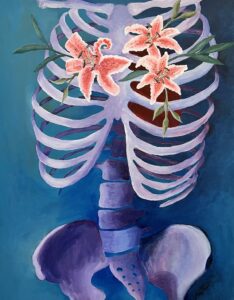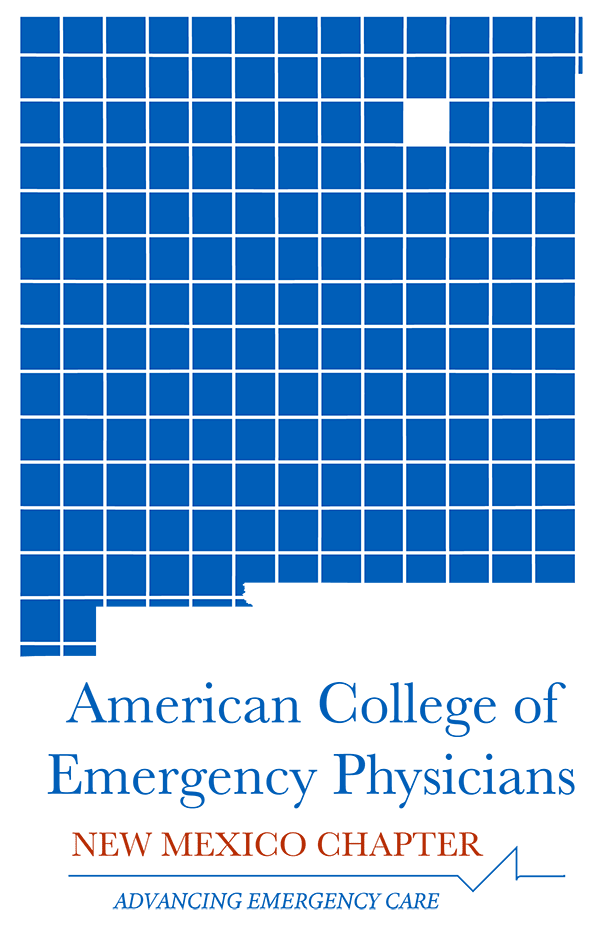by Lila Allyn Baca, MS
July 2024
As a college student, I used to say that I wanted to practice medicine as a form of social justice — with radical compassion for those who look and think like me and those who don’t, with careful consideration of the paradigms, traumas and strengths of each patient. To honor the humanity of each person, quietly without need for gratitude or praise. This idealism drew me strongly to emergency medicine. In his 2017 commencement address at the University of Notre Dame, Father Greg Boyle stated that “the measure of our compassion lies not in our service to those on the margins, but in our willingness to see ourselves in kinship with them.” When we see ourselves in our patients and understand their stories and how healthcare as a system and social determinants of health affect them as individuals, it is so easy to feel powerless. As a third year medical student seeing the same unhoused patient be admitted for the second time in my six week rotation for hepatic encephalopathy after not taking his lactulose as he has nowhere to use the bathroom during the day, I am more overwhelmed by what I feel like I cannot do (provide him with housing, take away the trauma that led to his alcohol use) than empowered by the clinical decisions I can make. This frustration and wanting to advocate for patients beyond the bedside is what interests me in policy work.

Lila’s artwork featured on ‘thank you’ cards sent to our US House of Representatives and Senators following meetings at LAC.
Being able to attend ACEP’s Leadership and Advocacy Conference (LAC) in April as a medical student was inspiring not only because I was surrounded by physicians doing the work that I want to do but also because of the opportunity to participate in advocacy directly by meeting with our New Mexico senators and representatives and their staff. We asked them to support five bipartisan bills that directly affect EM providers and patients. These bills addressed mental health access for patients from emergency departments, workplace violence, Medicare reimbursement, and patient access to naloxone at ED discharge. Being able to bring the story of a patient who lived in a hall bed while awaiting placement for psychiatric care to the offices of DC legislators and asking for them to sponsor a bill that would help patients like her across the state felt very full circle. A month later when checking on the progress of the bills we voiced support for, I saw the names of our legislators as co-sponsors for these bills. Not revolutionary, but a step forward when stagnation and cynicism seem like the baseline. The work that can be done in the policy arena, although slow and frustrating in itself, is how we can stay engaged with our patients in the margins. Not just to serve them by treating them kindly and practicing excellent medicine for an 8-10 hour shift, but to be in kinship with them and find other pathways for advocacy during the other 14-16 hours of the day as well.
As a medical student choosing a future specialty, I am often told that you will “find your people.” LAC has been a part of showing me that my people care deeply about patients and will work tirelessly to move the needle even just a little bit in the right direction for them. Surrounded by such individuals in emergency medicine, not just at a national conference, but here at home, I couldn’t be more sure of my decision to apply EM next year.
